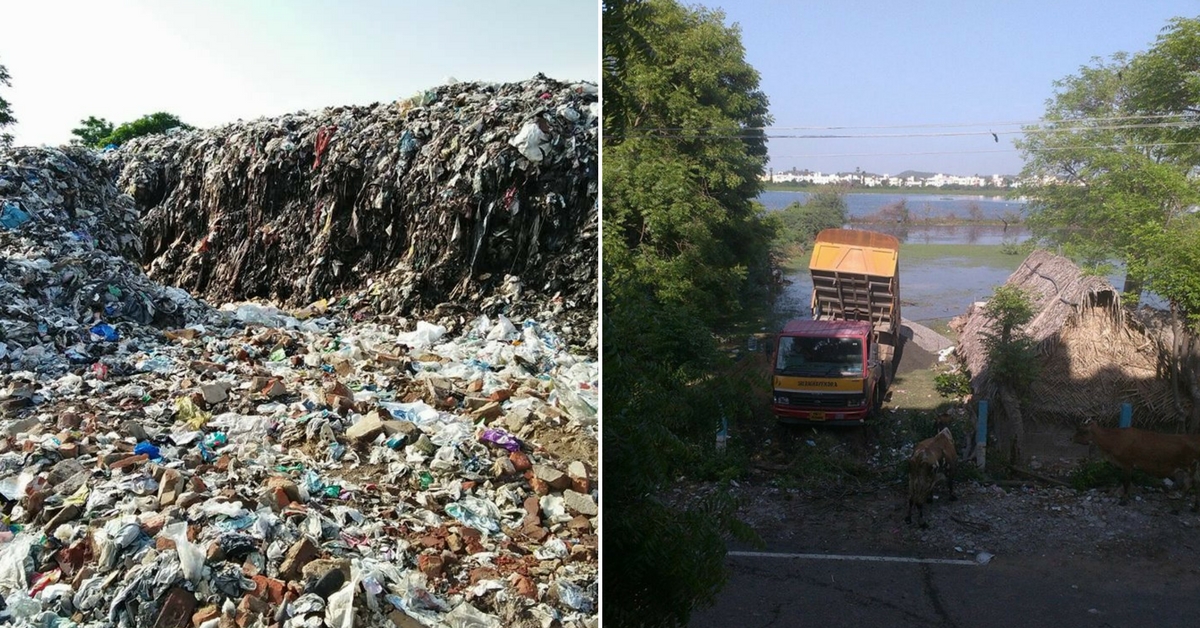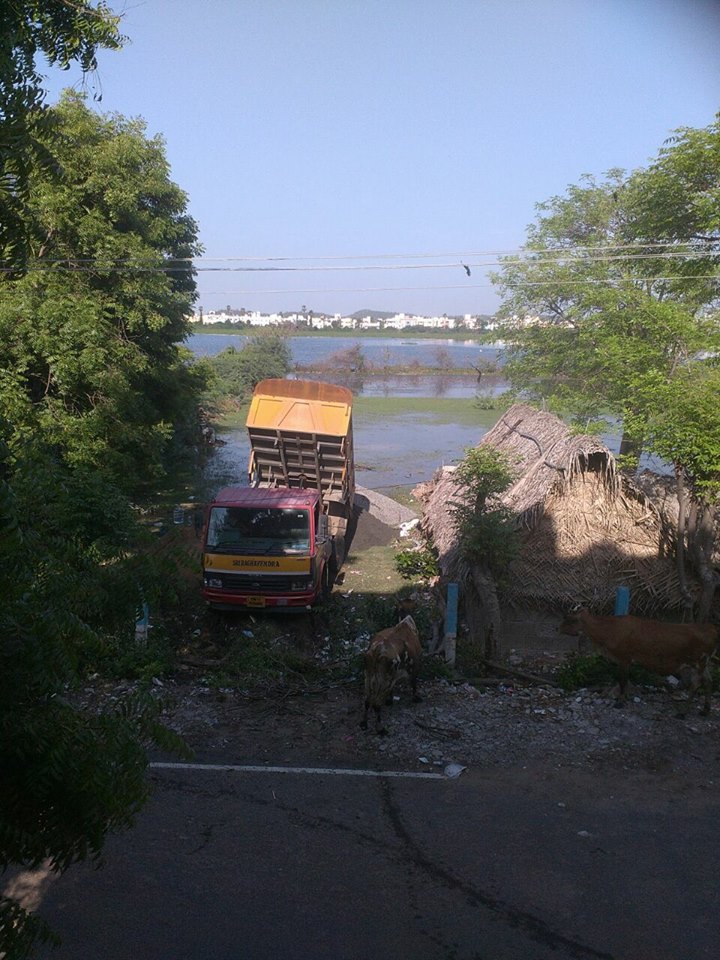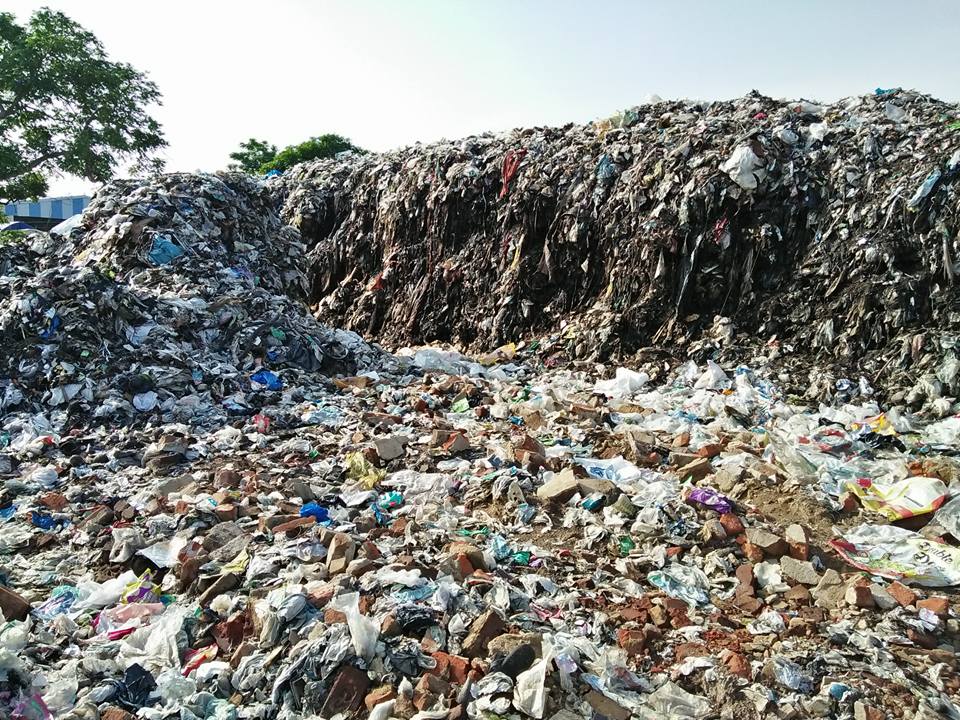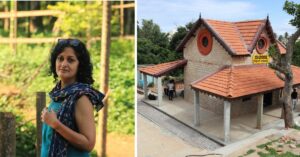Chennai Citizens Unite, and Now a Trashed Lake Is Coming Back to Life!
Sembakkam lake, a once-vibrant water body in Chennai, had become a dumping yard for garbage over the last few decades.

Decades of indiscriminate dumping of garbage and industrial effluents have led most lakes across metropolitan cities in the country to their demise or on the verge of death.
While many non-profit organisations and citizen collectives have been vehemently crusading for the revival of dying water bodies, many causes often end up losing their voice due to the lack of cooperation and support from municipal agencies and fellow residents.
However, time and again, we stumble upon stories of achievement, where resilient citizens have come together and persevered for a cause until the common goal is achieved.
This is one such story.
Sembakkam lake, a once-vibrant water body in Chennai, had become a dumping yard for garbage over the last few decades. Unwilling to put up with this and desperate to save their beloved lake, the folks of Sembakkam Residents Welfare Association in Chennai submitted a petition to the National Green Tribunal (NGT) as a last resort.
Following the review by the national statutory body, the Tamil Nadu government was ordered to immediately put an end to the garbage dumping at the spot.

Now, employing the technique of bio-mining, the state has further taken the initiative to resuscitate a 4.5-acre portion of the lake to its original condition with the aim of providing a respite to the residents, who have been living in the region surrounded by trash.
Bio-mining is the process of using microorganisms (microbes) to extract metals of economic interest from rock ores or mine waste. Such techniques are also used to clean up sites that have been polluted with metals, as in the case of Sembakkam.
Following a study which was undertaken by the Department of Municipal Administration and Water Supply, and the Anna University, the authorities decided to implement bio-mining in the trashed region. This process, which was first carried out in Kumbakonam, was a great success and encouraged by the favourable outcome of that experiment, the department has decided to replicate it here.
You may also like: Water Hyacinths Killing Your Lake? These Kerala Researchers Will Save It!
Through three giant trammels (mechanised sieves), the garbage is first segregated into various categories depending upon their degradability. On the other hand, waste such as discarded clothes, rags, cotton, paper and hard cardboard are processed to create Refuse Derived Fuel (RDF), which is routed to cement factories and other industries to meet the fuel consumption for their giant boilers.
With an allocation of ₹1.5 crore, the concerned officials stated that the project, which took flight last year, is expected to conclude in few months with the bio-mining plant processing 100 to 200 tonnes of waste per day.
It is believed that around 35,000 tonnes had accumulated at the site over years of dumping.

“During the segregation process, as the waste is being sieved in the trammels, fine sand and compostable waste are left behind. Whatever can be composted at the same spot is left behind, and the rest is sent for recycling and use in other forms like RDF. The benefits are immense. It will put an end to soil and water pollution, and there are plans to expand this scheme to a few other local bodies in the city’s suburbs too,” R. Elangovan, Regional Director of Municipal Administration, Chengalpattu circle, told The New Indian Express.
You may also like: How Bengaluru Residents Revived a Dead Lake Using a Simple Tool Called ‘Trash Boom’!
Fuelled by the development, the residents now have other concerns that they want to be resolved. Rangarajan, the association’s representative who filed the petition with NGT, shared his concerns. “We are deeply worried about the soil quality here, as we fear that the sub-soil has been contaminated with carcinogenic substances. We have also approached the NGT to put an end to draining sewage into the lake,” he said.
Like this story? Or have something to share?
Write to us: [email protected]
Connect with us on Facebook and Twitter.
NEW: Click here to get positive news on WhatsApp!
This story made me
-
97
-
121
-
89
-
167
Tell Us More
We bring stories straight from the heart of India, to inspire millions and create a wave of impact. Our positive movement is growing bigger everyday, and we would love for you to join it.
Please contribute whatever you can, every little penny helps our team in bringing you more stories that support dreams and spread hope.



















